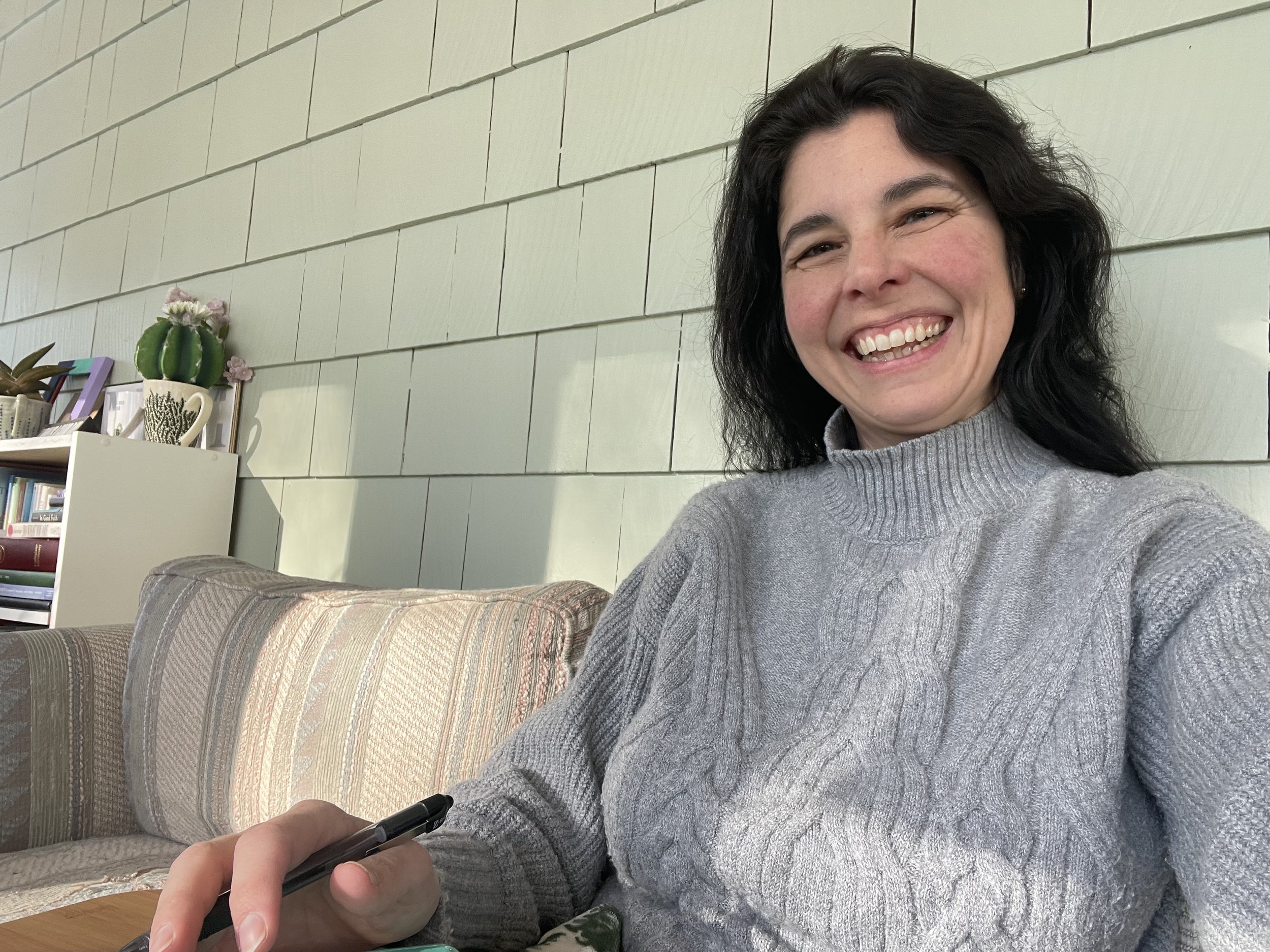Here in Maine a crisp edge is creeping into the air and backpack racks in Target look like they’ve been hit by a tornado. To me - an “in my previous life” academic and someone who loves fresh starts in general - this is THE time of year. This is where it’s at.
And couldn’t we all use it?
I thought 2020 was the topper in needing a fresh start, but between weather disasters around the world, political firsts of all the worst kinds, and a wobbly economy that’s tightening the job market, it hasn’t exactly been a summer to remember.
But there IS hope on the horizon. Not just because the leaves are threatening to change up here in Northern New England - which, yes, brings me hope! - but because of cold, hard data.
This week the stock market recently had its strongest one-day increase since June 2 on signs that interests may finally be done notching upward. For many of us changes in the stock market don’t impact our day-to-day lives in any way (I know that’s the case for me and mine!) BUT when large business owners and the wealthy start to feel more optimistic, it does impact us all. And of course interest rates themselves impact everything from home ownership availability to willingness to use credit, which impact spending and, therefore, job availability.
As a career coach, the more prosperity around us, the better for my clients, of course. It’s a bit obvious, yet when times are prosperous it’s almost an invisible factor. As the macro economy gets shaky, however, it’s suddenly obvious just how much of an “of course” this is. And that’s been the case in 2023. Big time.
My clients are still managing to get desirable job offers, and sometimes more than one offer at once. But the offers are much harder won than they were a year ago, they tend to take longer to come to fruition, and are, by and large, less generous than they once were.
The process to getting to a job in hand is important in so many ways. The more exhausted a client is by their job search, the less energy they have to be thoughtfully and healthfully choosy in accepting an offer, to create meaning and impact in their roles once they start the new job, and to be standout leaders and colleagues as they deepen their tenure.
All to say, we’re in need of some new notebook and lunchbox and sharp pencil feelings. And they seem to be on the horizon.
Fingers crossed, here’s to that new school year feeling edging in!








